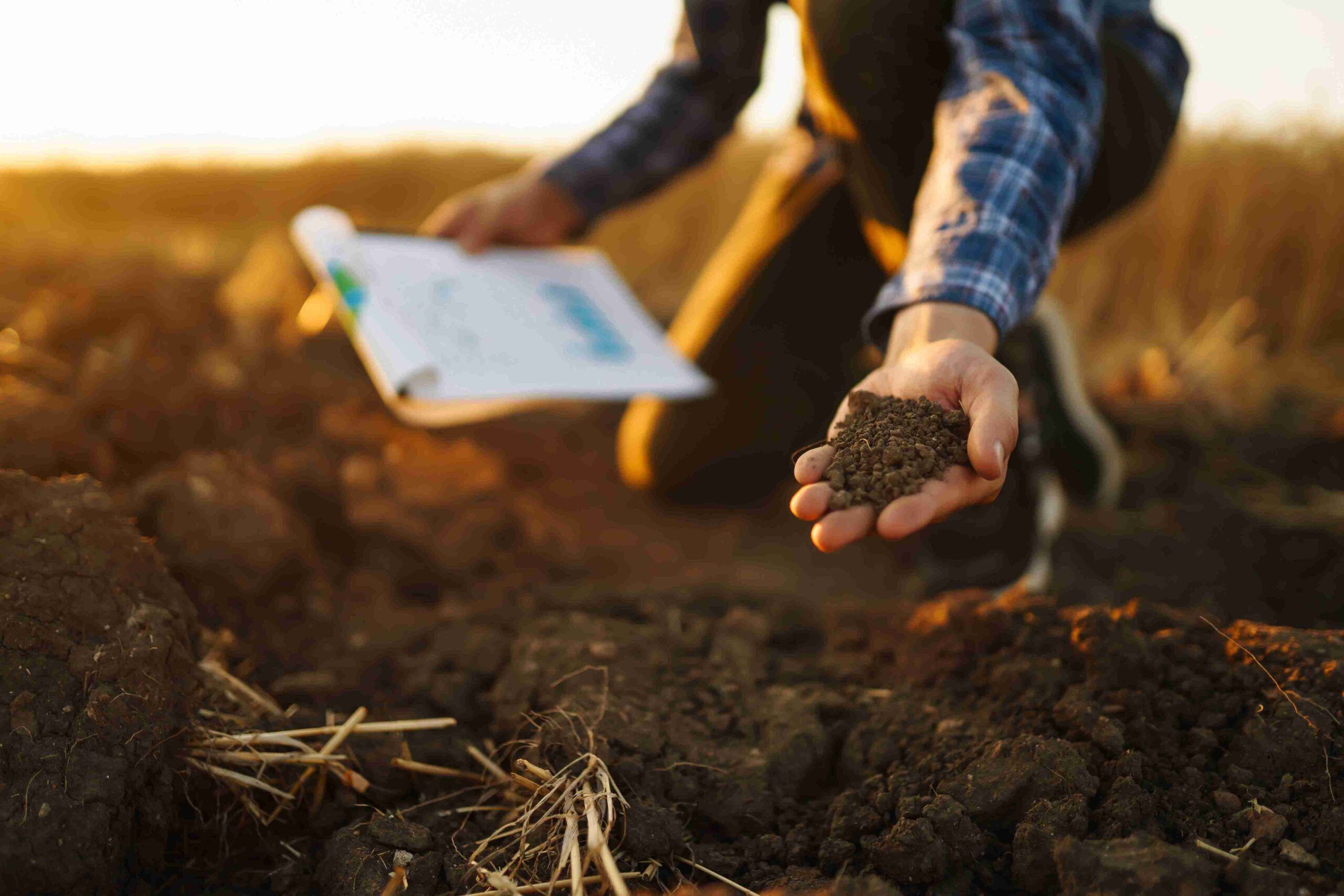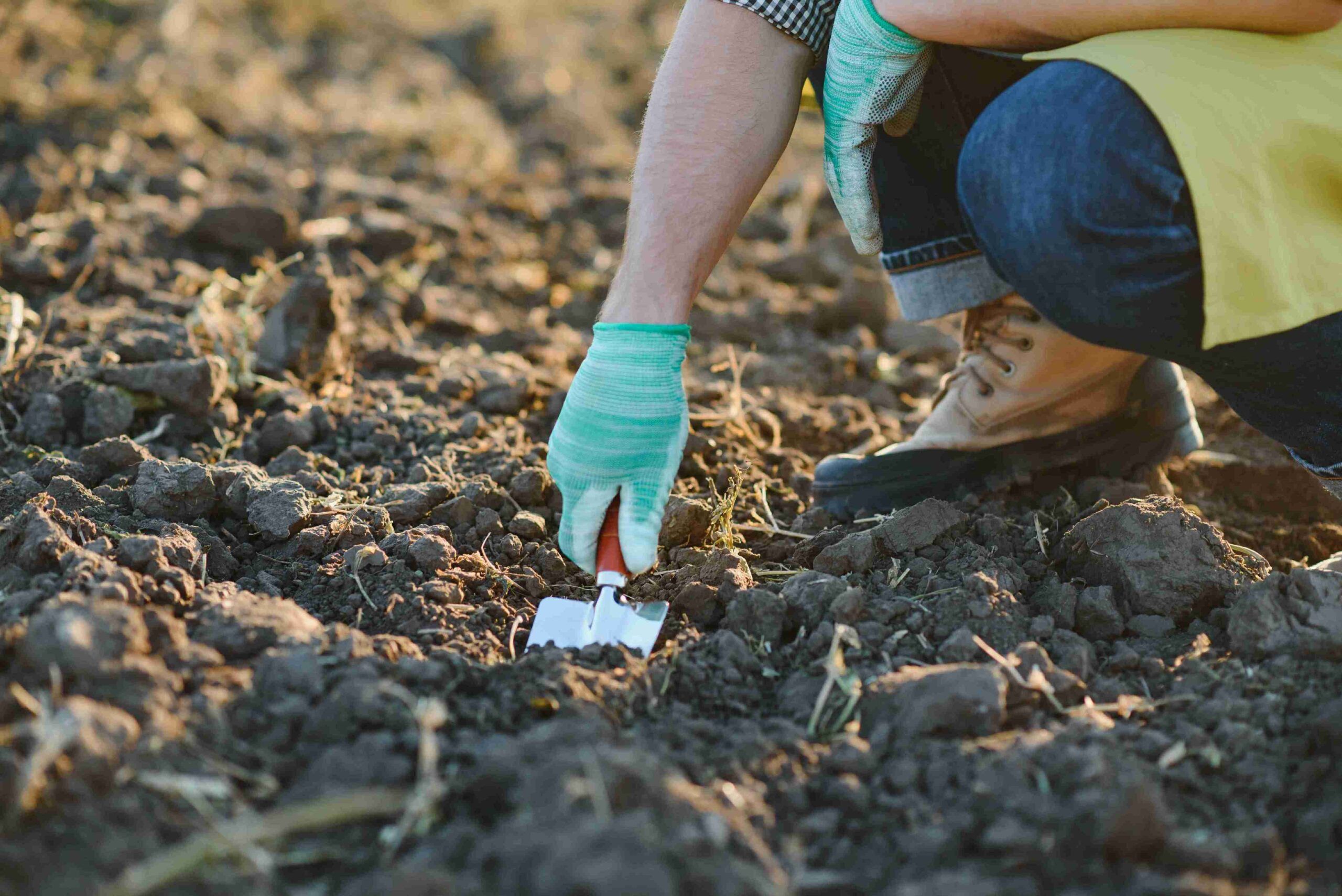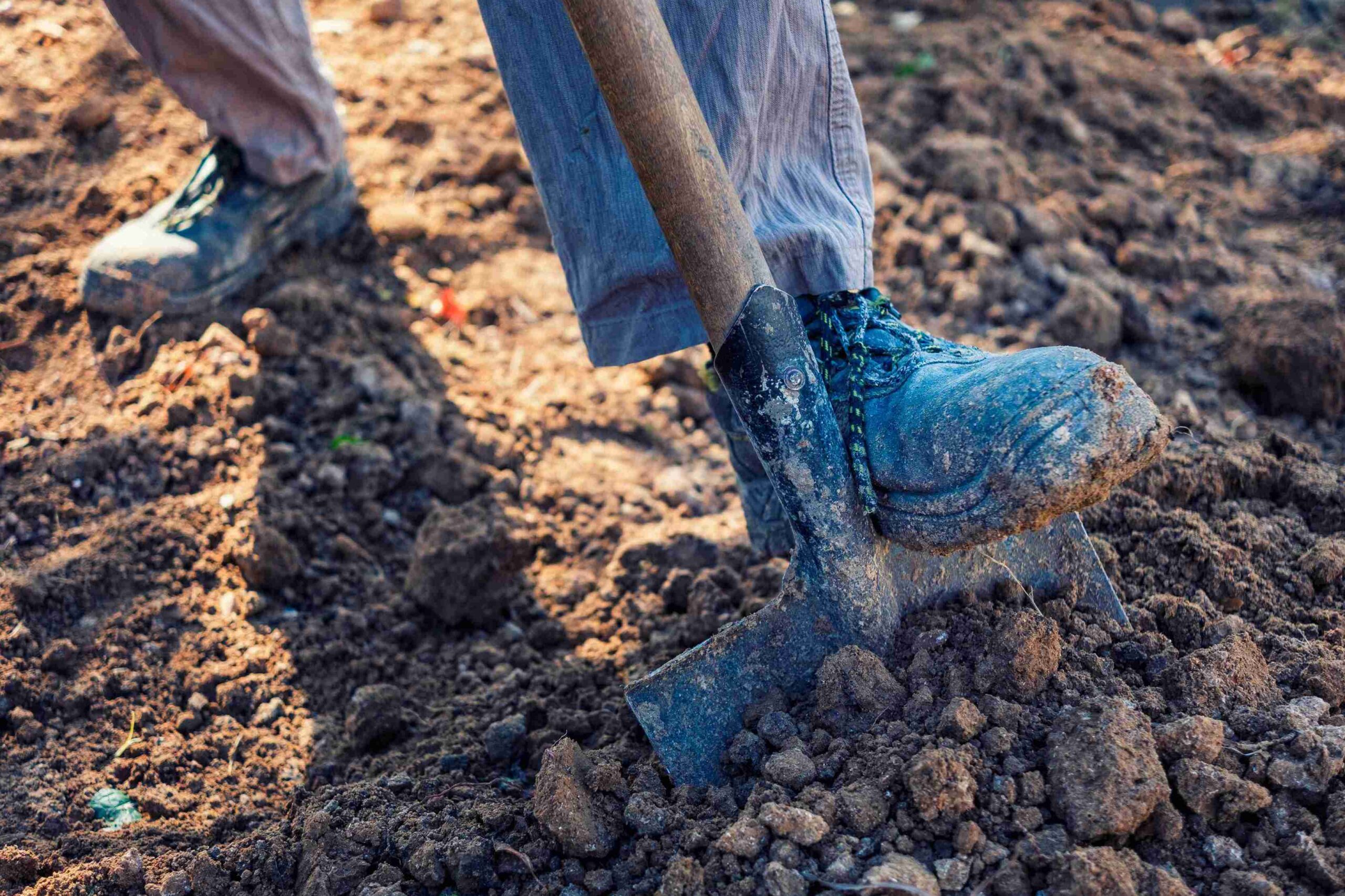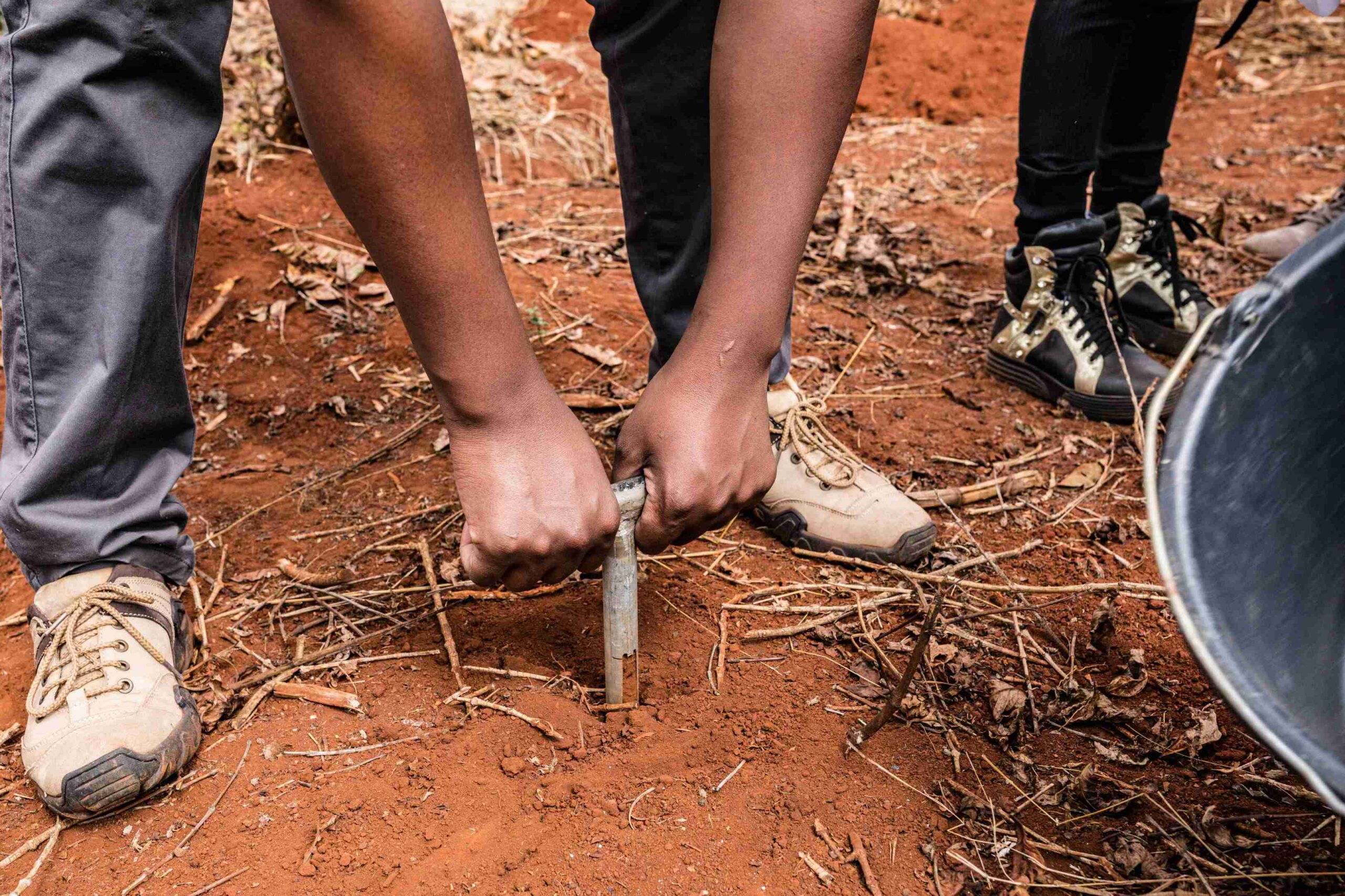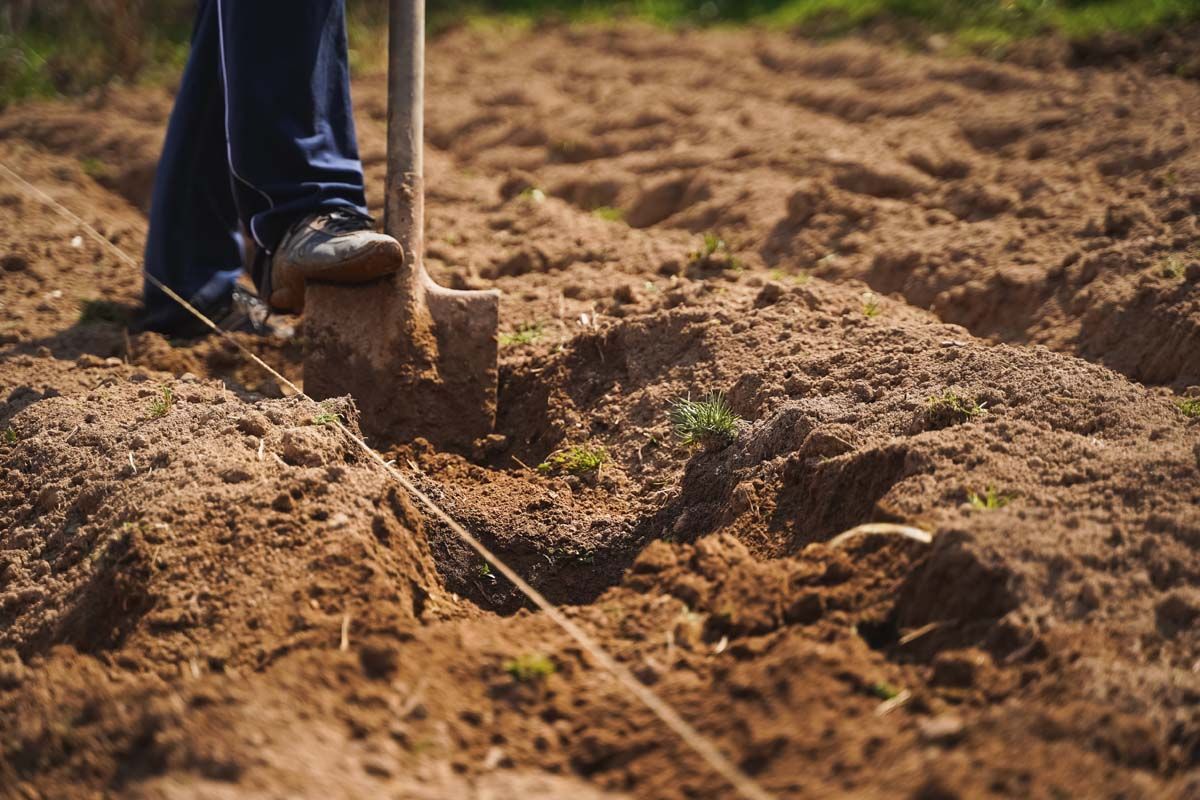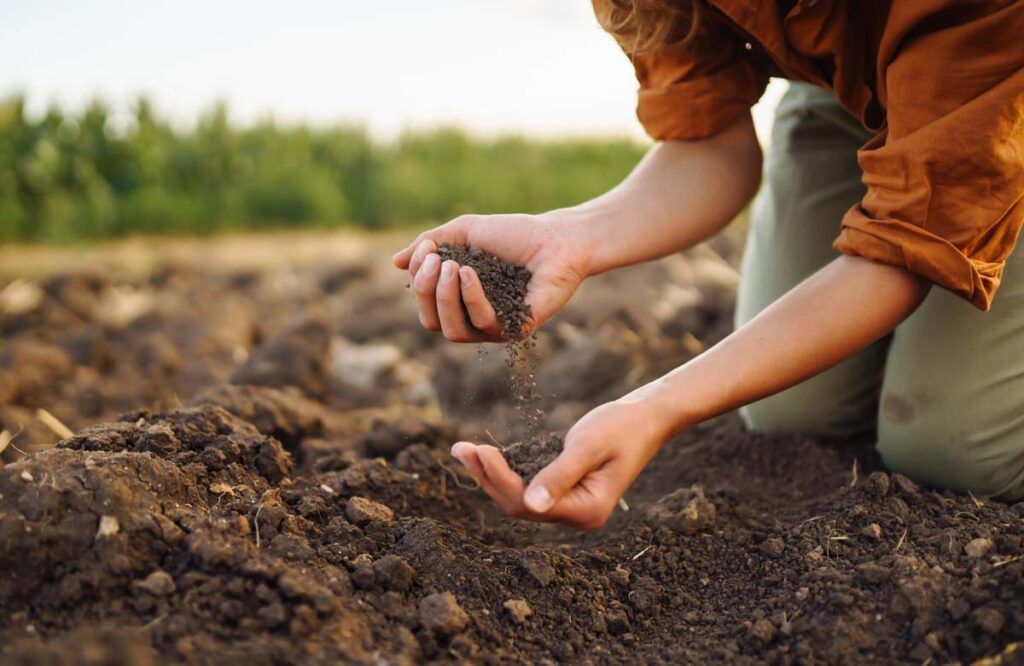How Long Is A Perc Test Good For? (Guide)
Got a perc test done a while ago and now you’re finally ready to build?
You were planning ahead, scoping out your land, and getting everything in order for your future build. But now, months or maybe even a couple of years have gone by, and you’re finally ready to start construction. One small issue: you’re not 100% sure if that old test still counts.
Does it expire? Do you have to do it all over again?
In this post, we’ll shed some light on how long a perc test is good for.
How Long Is A Perc Test Good For?
A perc test is good for 2 to 5 years, depending on your local health department’s rules. Some counties only give you a 2-year window, while others might be okay with 3, 4, or even 5 years if nothing has changed.
There are even a few places where the test doesn’t technically “expire,” but that’s pretty rare and usually comes with a lot of fine print.
If you had the test done recently, your best move is to call your county health department and ask how long your perc test is good for here.
They’ll give you a straight answer based on your location’s rules.
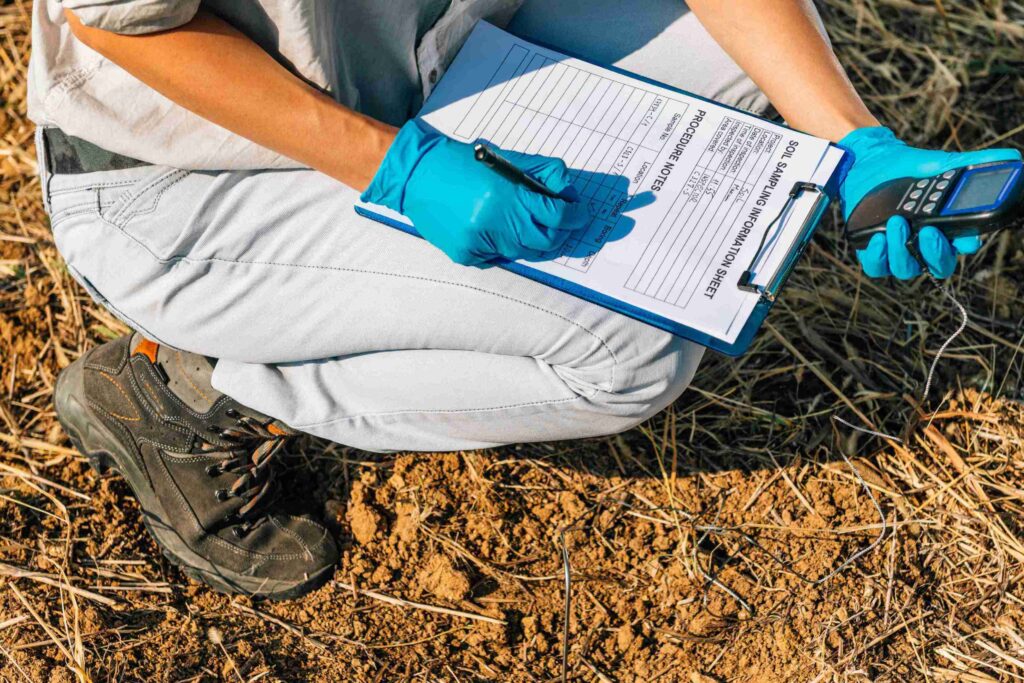
Also Read: How Much Does A Perc Test Cost?
Also worth knowing: a successful perc test doesn’t automatically mean you can build. It’s just one step in the process. But it’s a big one, and it’s not cheap, so it’s smart to make sure it doesn’t expire before you’re ready to use it.
What Can Make A Perc Test Expire Early?
Even if your county says a perc test is valid for, say, 5 years, there are some things that can throw a wrench into that timeline. And by “things,” we mean changes to the land or regulations that make the original results no longer reliable.
Here are a few common reasons a perc test might expire early:
- You’ve done major grading or landscaping on the property
- There’s been erosion, flooding, or other changes to soil conditions
- Local health or environmental rules were updated
- The property’s use has changed (like switching from a small cabin to a big family home)
Basically, if the land doesn’t look or drain the same way it did when the test was first done, the county might say you need a new one.
Even something like heavy equipment rolling over the soil can compact it enough to mess with drainage.
And sometimes, it’s not even about the land, it’s about paperwork.
If the health department changes how they handle septic approvals or adopts stricter rules, your old test might not meet the new standards. It’s frustrating, but it happens.
Also Read: How Much Does A Shrink Swell Test Cost?
Do You Need A New Perc Test?
Not sure if your old test still works for your current plans? You’re not alone.
You might need a new perc test if your existing one is a few years old and your county limits validity to 2 or 3 years.
It also depends on what’s changed. If the land has been graded, compacted, flooded, or even just left alone for a long time, the original test may no longer reflect current soil conditions.
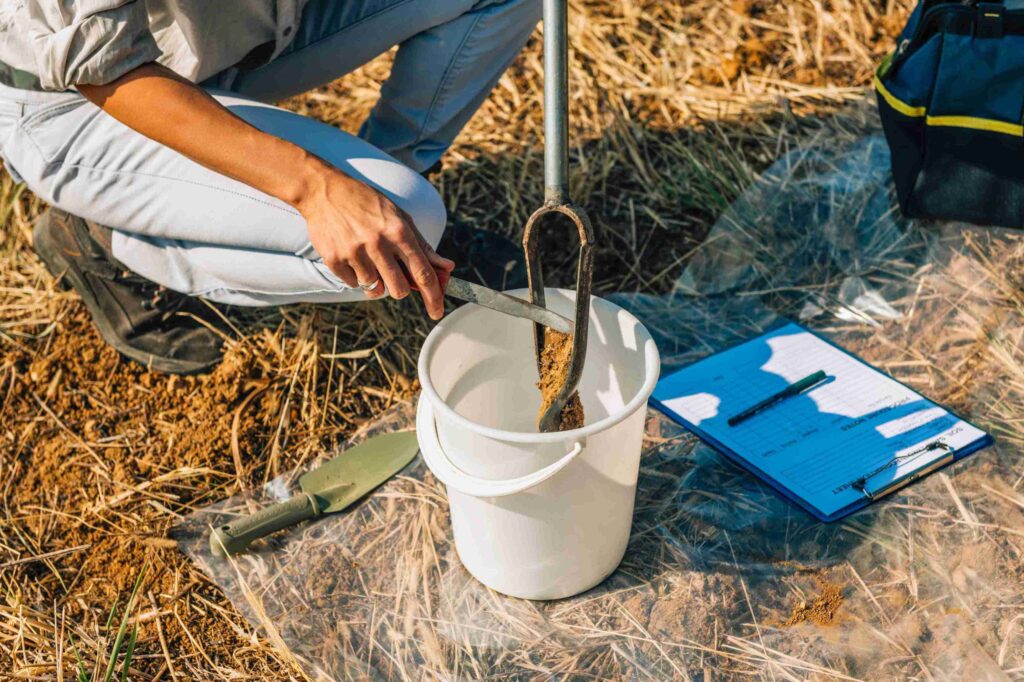
Changes in property use like switching from a small home to a larger one could also trigger the need for a new test.
And even if nothing seems different, local regulations might have shifted.
The easiest way to know for sure? Call your county health department. Just give them a ring and ask them to pull up your records. They can tell you when the test was done, what kind of system it was approved for, and if you’re still in the clear.
If they say you need to retest, it’s not the end of the world. Yes, it’ll cost some money and time, but it’s better than finding out after you’ve poured concrete or started building.
Also Read: What To Do If Your Land Fails A Perc Test?
How To Keep Your Perc Test Valid Longer
Let’s say your Perc test is still new. Great! You’ll want to keep it that way for as long as possible. Luckily, there are a few simple ways to protect your test and avoid having to do it all over again.
Here’s what you can do:
- Avoid grading, digging, or compacting the ground where the test was done.
- Keep things natural and let grass and plants grow instead of adding gravel or pavement near the site.
- Store all your perc test results and septic approvals somewhere safe.
Also, don’t forget about expiration timelines. If you’re getting close to the deadline, consider applying for septic permits or extensions sooner rather than later.
In some places, just applying for the permit might “lock in” the results for a little while longer.
Bottom Line
A perc test is valid for 2 to 5 years, depending on your local regulations. But it can expire sooner if the land changes or new rules take effect.
If you’ve already had the test done, don’t assume it’s still good and take five minutes to check in with your local health department.
And if you’re planning to build in the near future, protect that test like gold. Keep the soil untouched, save all your documents, and stay in the loop with any changes to septic laws.
It’s one of those small details that can save you from big headaches down the road.
